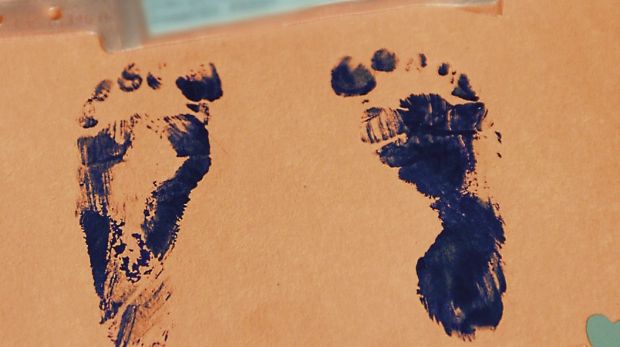
Memories
Victoria may soon be the first state to give all donor-conceived people access to information about their heritage, in a move doctors say would be “unfair” to men who donated sperm on the condition of anonymity.
New laws to be introduced by the Andrews government will give all people born through sperm donations the right to obtain details about their biological parent, such as their donor’s full name, date of birth, marital status or address.
At present, access to information depends on when you were born. Children born after 1998 can get information about their biological parent because their donors were required to consent to it being released, while those born between 1988 and 1997 also have the right to identifying information, provided the donor agrees.
However, those born before 1988 grew up without having the same rights – their only option was to put themselves on a voluntary register and hope their donor did the same.
Labor’s changes would remove existing inequalities under the law and, in a bid to allay privacy concerns, “contact vetoes” would be established to give both parties the ability to refuse contact. This would mean donors would not be forced to see their offspring but their identifying information could still be released to give people greater clarity about where they come from. Fines are also likely to be imposed if a contact veto is breached.
“Access to donor information should be consistent, no matter when someone was conceived,” said health minister Jill Hennessy. “Everyone has the right to access information about where they came from, whether it’s to know more about their genealogy, medical history, or so that they can try to connect with the generous individuals who donated.”
The changes are based on a private members bill – Narelle’s Law – that Labor MPs Jane Garrett and Anthony Carbines introduced in opposition. The bill, rejected by the Coalition at the time, was named after the late Narelle Grech, a Melbourne woman who spent 15 years searching for her biological father while campaigning for change.
Ms Grech died of cancer in March 2013, only weeks after she reunited with her donor thanks to then premier, Ted Baillieu, who quietly authorised the public records office to release information that helped in her search.
But Labor’s changes are likely to be contentious, with doctors warning it would breach the privacy assurances granted to donors at the time, some of whom donated simply for pocket money or altruistic purposes.
“Donors were given explicit and implicit assurances that their donations were entirely anonymous and that no contact would be made in the future. These assurances should be respected,” said Australian Medical Association state president Tony Bartone.
Monash IVF specialist Gab Kovacs agreed, but said the changes were unlikely to affect a large number of people given a survey of 120 families he conducted a few years ago suggested one in three donor-conceived children had not been told about their origins.
Nonetheless, “moving the goal posts” would be “unfair”, he said, and “could potentially cause some problems for some donors who haven’t told their current partner about the donation”.
Lauren Burns, a donor conceived person who has since met her biological father, welcomed the government’s changes, which will be introduced this year. “The Labor legislation will be a precedent that will inform a broader shift towards improved rights for people born from assisted reproductive treatment,” she said. “Victoria is leading the way in law reform to address social equity for donor conceived people, and the other states and territories are watching closely.”
If passed, the government’s changes would go significantly further than laws introduced under the Coalition last year, which gave pre-1988 donor-conceved children the right to information about their donors – but only if they had consent.
However, opposition health spokeswoman Mary Wooldridge said the Coalition’s policy had struck the right balance “between the rights of donors and those of donor-conceived people”.
“The former Coalition Government made significant improvements to the laws for people conceived through sperm donation, based on extensive community review and consultation,” Ms Wooldridge said. “Any further changes proposed by Labor will be fully considered once the detail has been provided.”
The proposed laws come ahead of a national conference for donor-conceived people, to be held in Melbourne in June: www.areyoudonorconceived.org
